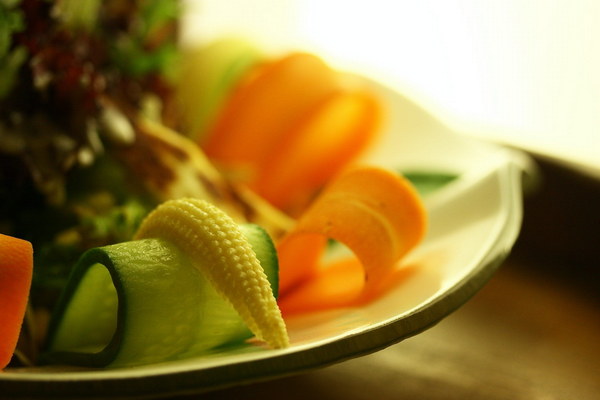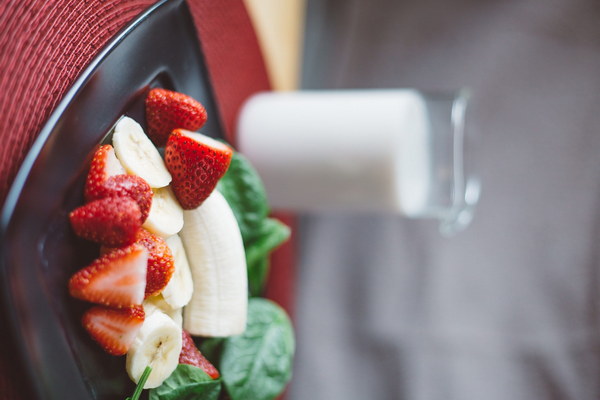Natural Remedies and Nutritional Tips for Treating Cough and Wheezing in Children A Guide to Dietary Therapy
Introduction:
Cough and wheezing in children can be a distressing experience for both the child and the parents. While medication is often necessary to manage symptoms, dietary therapy can also play a significant role in supporting the child's recovery. This article explores natural remedies and nutritional tips for treating cough and wheezing in children, focusing on dietary therapy as a complementary approach to medical treatment.
Natural Remedies for Cough and Wheezing:
1. Honey and Lemon: This age-old remedy is known for its soothing properties. Mix one tablespoon of honey with a few drops of lemon juice and offer it to the child as a cough syrup. Honey helps coat the throat and reduce inflammation, while lemon provides vitamin C to boost the immune system.
2. Steam Therapy: Inhaling steam can help alleviate cough and wheezing by loosening mucus and opening up the airways. Run a hot shower and let the child sit in the steam-filled bathroom for a few minutes. This method is particularly effective for children who are not yet potty-trained.

3. Eucalyptus Oil: Eucalyptus oil is a natural expectorant that can help clear mucus from the airways. Add a few drops of eucalyptus oil to a bowl of hot water and let the child breathe in the steam. Ensure that the child is supervised during this process to prevent burns.
Nutritional Tips for Cough and Wheezing:
1. Hydration: Encourage the child to drink plenty of fluids, such as water, herbal teas, and broths. Hydration helps thin mucus, making it easier to expel from the body.
2. Vitamin C: Vitamin C is an antioxidant that can help boost the immune system and reduce inflammation. Incorporate vitamin C-rich foods into the child's diet, such as oranges, strawberries, kiwis, bell peppers, and leafy greens.
3. Zinc: Zinc is an essential mineral that plays a crucial role in immune function. Foods high in zinc include nuts, seeds, legumes, and fortified cereals. Adding these to the child's diet can help support their immune system during the cough and wheezing phase.
4. Omega-3 Fatty Acids: Omega-3 fatty acids have anti-inflammatory properties and can help reduce airway inflammation. Include fish like salmon, sardines, and mackerel in the child's diet, or opt for omega-3 fortified eggs and milk.
5. Probiotics: Probiotics can help maintain a healthy gut flora, which is essential for a robust immune system. Incorporate probiotic-rich foods such as yogurt, kefir, and fermented vegetables into the child's diet.
6. Avoid Allergens: Identify and eliminate allergens from the child's environment and diet. Common allergens include dairy, eggs, peanuts, and wheat. Consult with a pediatrician or allergist to determine potential allergens and develop an appropriate dietary plan.
Conclusion:
Cough and wheezing in children can be challenging, but with the right approach, both medication and dietary therapy can help alleviate symptoms and support the child's recovery. By incorporating natural remedies and nutritional tips into the child's care routine, parents can provide a holistic approach to treating cough and wheezing, fostering a healthier and happier little one.









